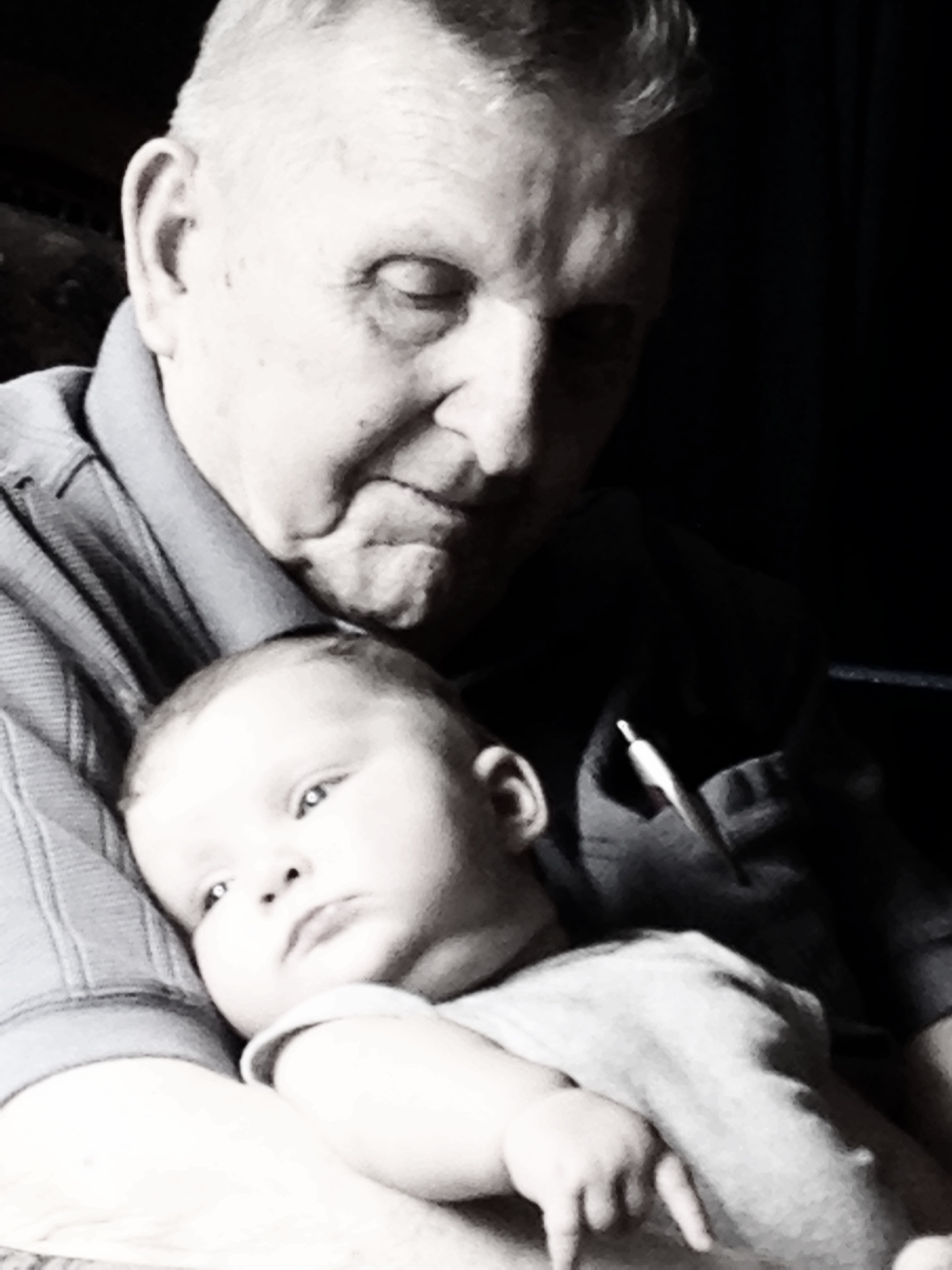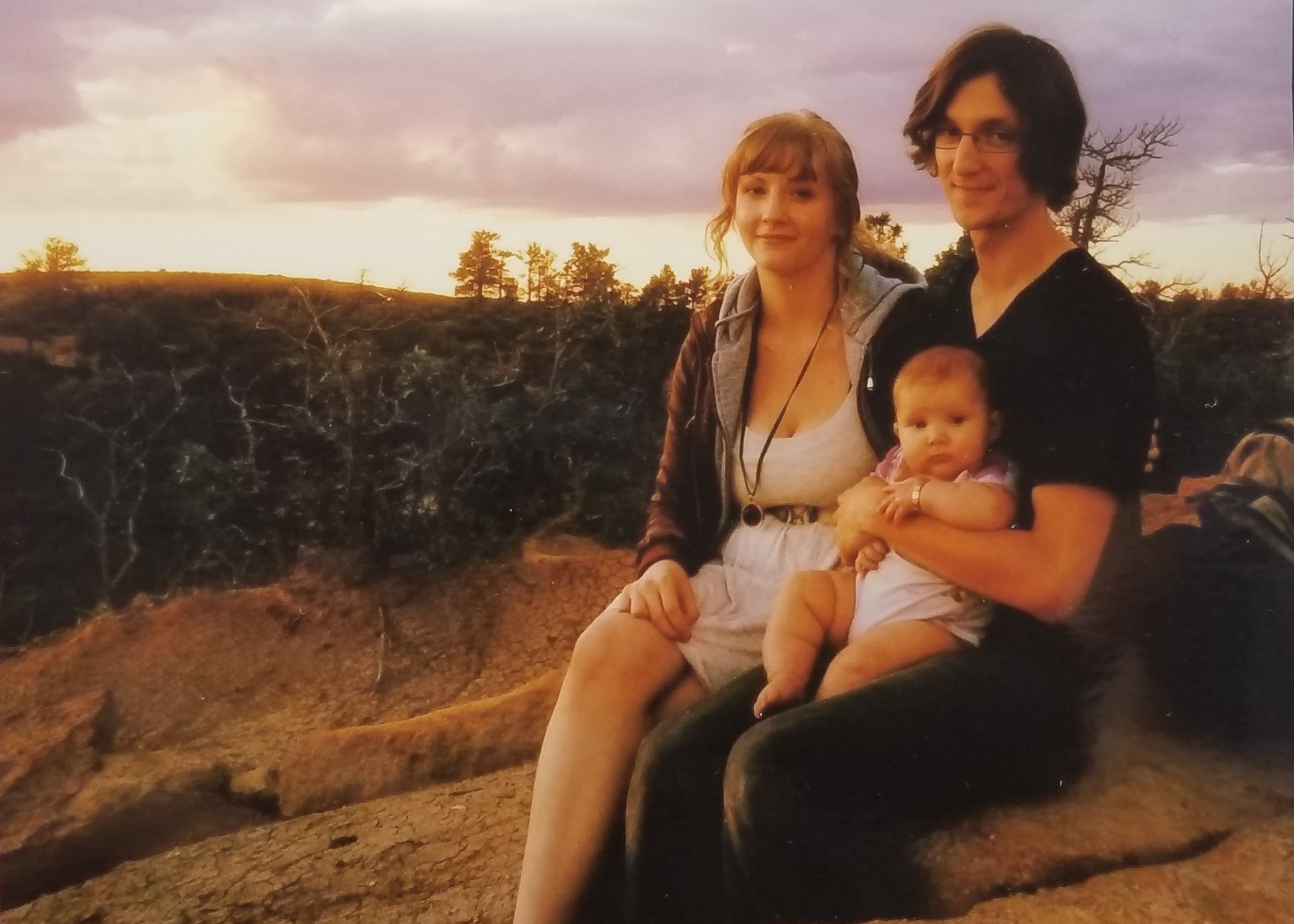
The Last Days of Jesus
My former best friend was obsessed with dates. The calendar kind. He could tell you down to the hour when had his first beer, lost his virginity, and “accepted Jesus as his personal savior.” I’m using quotes here not to diminish his claim, but to let you know those were his words (edited for clarity), not mine.
His fascination with markers delineating the before and after of things spilled into all his relationships. I once watched him drill his mother about key moments in her life – the day she knew she was in love with her husband, the day she knew she wanted to have children, the day she decided to throw everything away and divorce him so she could “fuck strangers on trains.” (His words.) He frequently pressed me about dates, too, chief among them, the day I became a Christian. I always gave him the same vague answer about a change of heart that happened when I was seventeen, but avoided pronouncing a specific date.
I didn’t have one.
It was simple, really: one day I didn’t believe, and then another I realized I did. A switch had been turned on, but I was too busy doing other things, like living life, to notice exactly when.
To Dale, absent a defining moment, your faith was suspect. Over time (and with plenty of evidence provided by “good works”), he reluctantly came to accept that I was sincere about my faith, despite not playing by his rules. But I can still picture the subtle shake of his head, the mild disappointment in his eyes when I answered, “I was seventeen” and had left it at that.
I can’t tell you the day I left the faith, either. One day I was a sincere, often-hopeful, sometimes-fearful Christian diligently seeking what it meant to live like Jesus, another, I wasn’t. And hadn’t been for a while. Dale would have been disappointed by this lack of specificity, too, but he stopped hanging around years ago. I’m pretty sure it was something I said. Probably “God isn’t a Republican.” He had nodded then, but I saw that same subtle shake of the head, the same mild disappointment in his eyes when I said it. He might have muttered “liberal” under his breath, too.
The last days of Jesus were an interesting time. I would tell Dale this if he showed up on my doorstep or in my Facebook timeline. I think he’s in a 12-step program now, so he might just do that once he gets to step nine. (That’s another story for another time. Strange how people can turn on you, isn’t it? One minute you’re friends who are allowed to disagree, the next you’re an enemy deserving of ridicule. I wonder if he knows the exact date he went from one to the other?)
If he ever reappears, I’ll happily tell him about the influences that played a role in my slow walk away from faith. Maybe it will be autumn. The air smells most like change then. We’ll meet at a park to chat.
I’d start with the obvious stuff, like the arrogance of the religious right, while watching the tilt of his head and studying his eyes. I don’t know if I was ever that dogmatic in my own beliefs – leave room for mystery, I always said – but I have wondered many times before and since how any individual or group could possibly be convinced their interpretation of the Bible was the right one. The only one.
I’d probably mention my disappointments with certain pockets of Christianity. Like science deniers or people who are quick to exclude others rather than welcome them. God forbid you start talking about gay marriage or abortion with these (well-meaning?) folks. There is no room for nuance. Homosexuality is evil. Abortion is murder. End of discussion. Literally. Your words will no longer be heard, no matter how reasonable they might be.
I think I’d also tell him about the gentle moments. Those times when I would walk through the Bible as I had hundreds of times before, looking for truth, listening for wisdom. Not so much anxious or desperate as curious and open. I would mention that I saw some real grace in the life of Jesus as portrayed in the New Testament. He’d nod at that without a head tilt. Probably more emphatically since starting his 12-step program. But he’d surely seize up when I told him “you don’t have to believe Jesus is the son of God to see the goodness in his story, to learn from it.”
This is when I would brace myself for his analysis of my soul’s fatal error. “Jesus is the only way to God, the only path to truth” he’d say. Or maybe “You’re just in a season of doubt,” if he was feeling generous. No, I would answer. I had plenty of those. I knew seasons of doubt better than most. And I helped dozens of other Christians through theirs, too. I think that’s the most important job any leader has, whether he’s leading a church or a nation. Being present for others during their doubt. But we need those seasons. It’s only in seasons of doubt when we really discover what faith is. What hope is. What truth is. Without doubt, it’s not faith – it’s certitude.
After our conversation, he’d want to pray for me. I’d let him. After all, isn’t prayer really more about the pray-er than the object of the prayer? Why deny him that?
But here’s something I wouldn’t tell him, because it’s admittedly a kind of arrogance, and I’m unwilling to use that as a weapon against anyone. I wouldn’t tell him that I can’t see myself ever going back to the life of faith I had lived without apology for decades. I wouldn’t tell him that it all looks so small from here – incomplete, narrow, naive. I wouldn’t tell him that when I hear Christians talking it sounds like they’re speaking a foreign language that lacks the words necessary to understand the world. I wouldn’t tell him that I sometimes feel sorry for people who believe in God. Or that I feel content, even amidst frequent bouts of melancholy, with my life. Or that I am at peace with the idea that death is the end of things. Heaven was never a big motivator for me anyway. What’s the point of living now, of doing good for others in the present, if the real prize doesn’t show up until after we’re gone?
I might say something about my belief that the best way to live is to simply love others, to be kind to them, and offer grace.
That might confuse him, though. It sort of sounds like something Jesus would say.
I could be mistaken about all this. It feels like truth and tastes like truth and my conclusions didn’t come without hard work and careful thought. I own them as such. But maybe I’m wrong. Now that’s something Dale would love to hear me to say. I’m afraid those words would drown out all the others, though, and that would make me sad. Life is best when we listen to each other, I mean really listen, isn’t it?
I’ve never heard Dale say “I could be wrong.” I wonder why that is.
I’ll ask him if he shows up.




